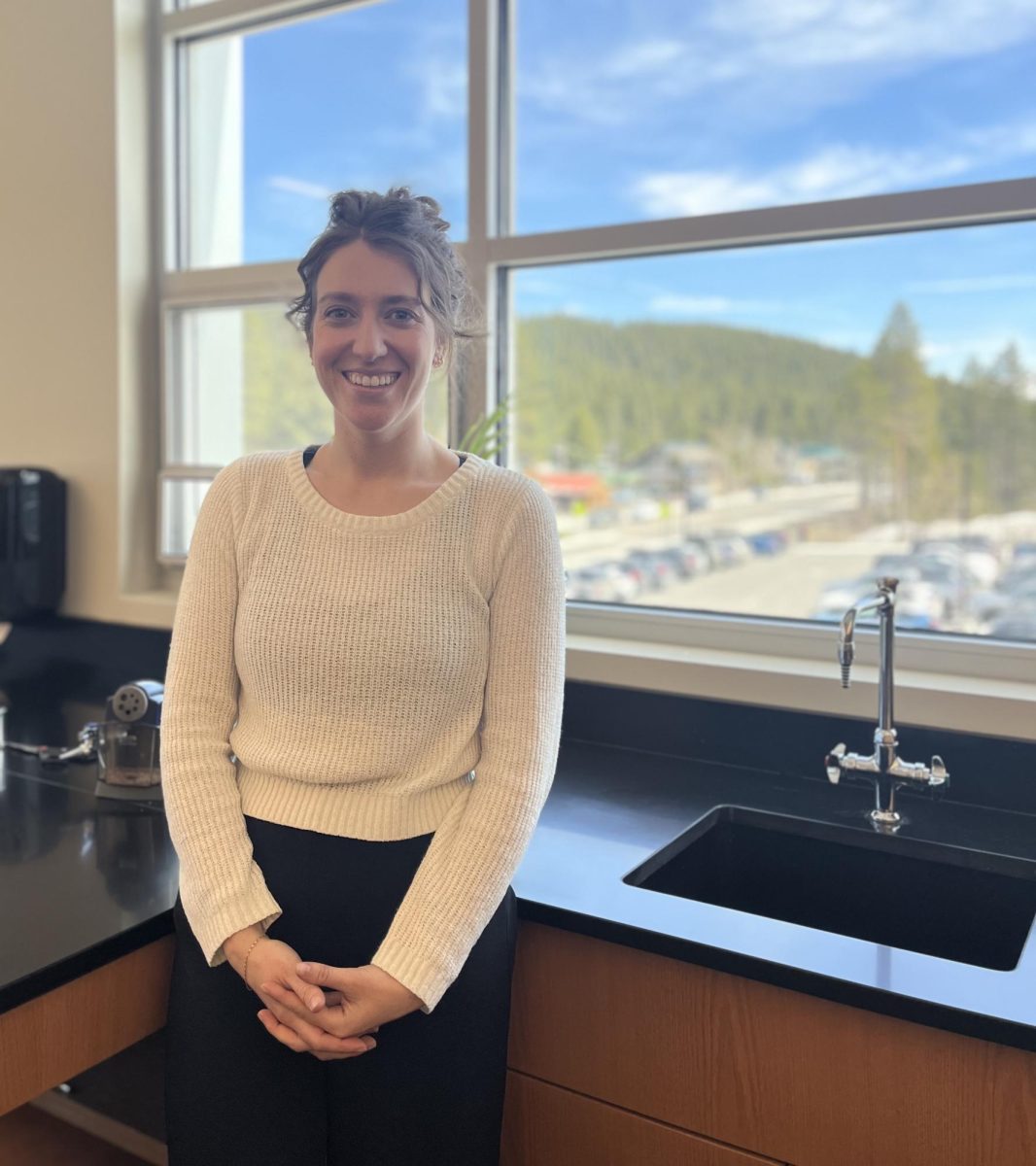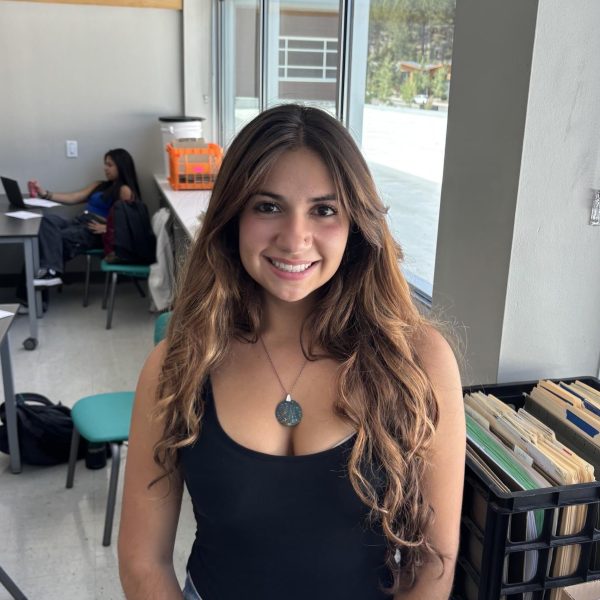The ASB elections coming up at THS on April 16th and 17th, pose many questions about the changes within leadership and how the processes of the elections work. This year’s elections are important because Courtney Delgado (Shalvis) took on the new role of leadership advisor with Jim Bennett stepping down. A few alterations were made to the political process of this election.
For students to be in the running, they hold a poster campaign around campus, and on social media and produce a video. Then the elections first go through the student body, then the class ASB cabinet, and finally are interviewed by “The Panel” or the election committee. This process is the same for every position, president and vice president, (etc.). The election process is dictated by the school leadership constitution. According to Bennett the committee “selects the candidate for each office based on their prior experience and their interview results.” Their prior experience ensures that these candidates are the best fit for the position to serve the student body.
The ASB elections and leadership are undergoing changes with Mr. Bennett stepping down from advisor and Mrs. Delgado taking the position. While they are partners in the process, Delgado is ultimately taking the lead through this election. Delgado says, “[I am using] him as a mentor in the process.” Bennett stresses the fact that these elected officials are “HER” (Delgado’s) officers. These elected officials are chosen as the best fit for the school, after the initial popular vote.
According to Bennett, he is still in the advisor role for leadership but Delgado is leading the decisions for next year. He says, “ It will be her class and it is only fair that she gets to make these important decisions.”
This election is extremely important due to the changes of advisors that the Leadership program is undergoing. Delgado taking on the new position comes with changes. She says, “Any course, through having a new teacher, will experience change.” The leadership program’s changes have the chance to drastically alter the culture of the school in many ways. “Even just the application for this year that I have changed already is more extensive and requires more thoughtfulness and effort which is just overall going to be the theme moving into this transition. Leadership should be seen as wanting to do more to enrich our school by students willing to go above and beyond, not students looking for the freedom to wander on or off campus unaccounted for.”
The changes that Delgado predicts have a lot to do with the general makeup of the leadership program itself. “My vision with leadership is to create a peer mentor system (this increases tolerance and decreases bullying and absenteeism in schools) and to have more daily tasks to keep students occupied/reduce the amount of ‘nothing to do’/’leadership is an easy A where you get to wander’.”
Additionally, Delgado says, “I am working on making sure that our panel represents our student body through diversity of male vs female, diversity of racial subgroups, diversity of extracurricular activities, students with disabilities etc.” The importance of this change is integral to creating a better environment for every student on campus.
While diversity is essential to a working environment at a school, it is also important to build and maintain equity in the process. This election is centered around the student voice at THS, so to build that equity, the Panel/election committee serves as a “‘checks and balances” for the process. Delgado says this is to “ensure that students are the best fit for the student body for each position vs a popularity contest.”
Bennett notes that the Panel/committee itself serves as a tool to maintain equity in the process. He says, “The Leadership teacher serves as the election committee advisor. We can give advice and answer questions, but we only vote in case of a tie.”
Delgado describes the intricate process of how the Leadership class is going to be made up of. She says, “In terms of equity for the leadership class composition beyond the cabinet, this is one of my biggest changes and focuses during my time as Activities Director… Once I have the total number of cabinet members and who they are, I then take the remaining seats available for leadership and break it into classes so that the number of upperclassmen equals the lowerclassmen.”
She continues to say over an email, “I will then analyze our current study body population breakdown and then use the students who have filled out applications to the leadership class to do an equity-centered lottery which will help ensure that our leadership class matches (to the best of abilities of those interested) our student body. Any students not chosen through the lottery system (AI generated and randomized to ensure no bias) will then be placed on a waitlist for the course so they still have an opportunity to join.”
The strive towards equity in the program and those changes are important to the trajectory of the successes of Leadership as a whole. Election day reaching closer begs the question of the student body for who they want to represent them and who is the best fit for the position.



